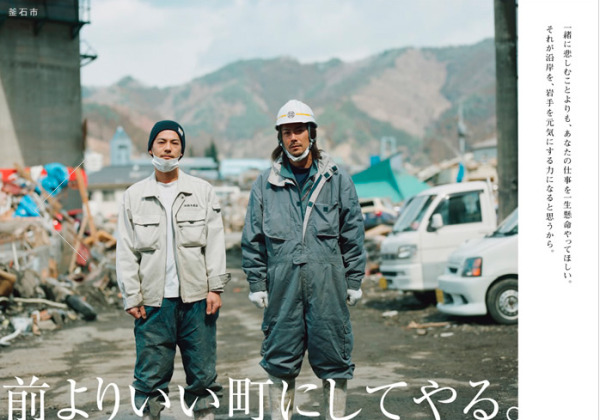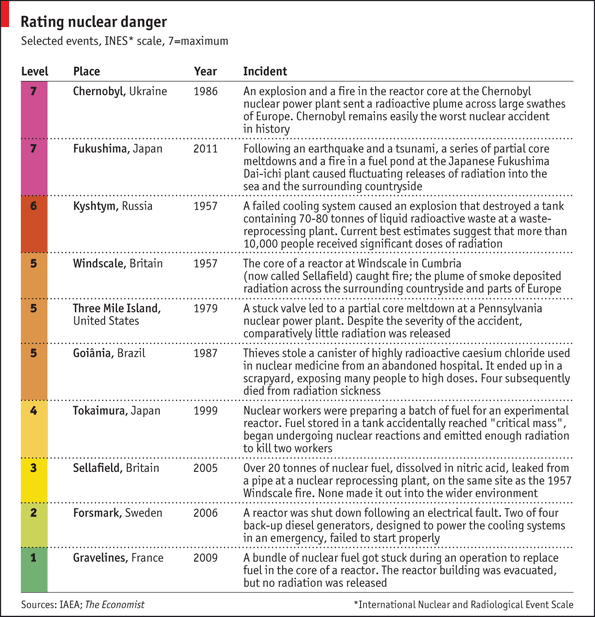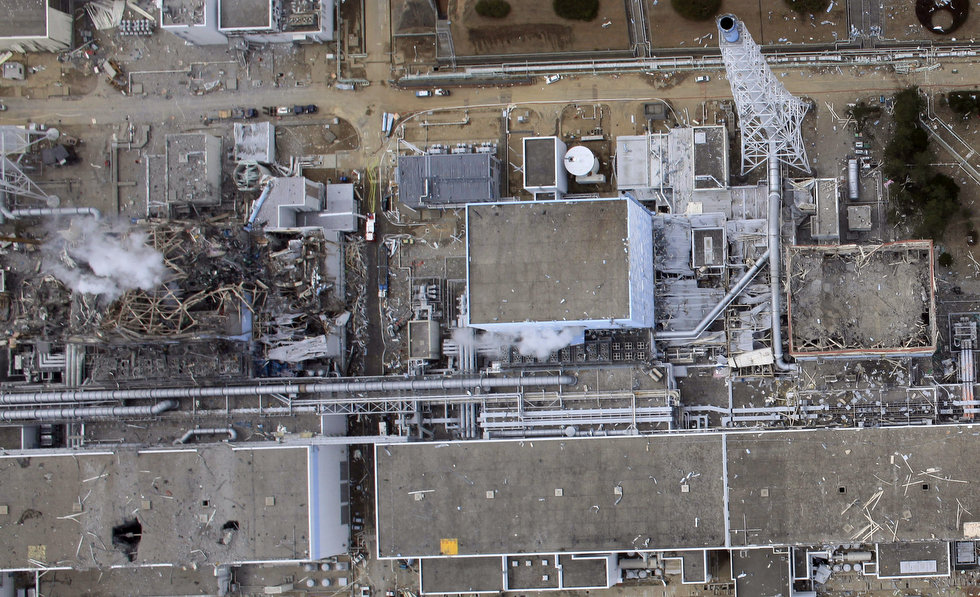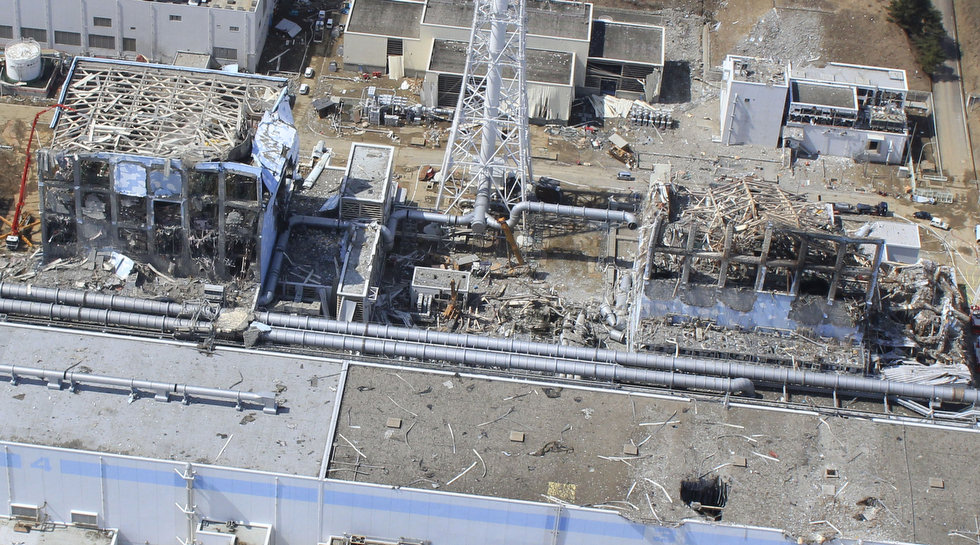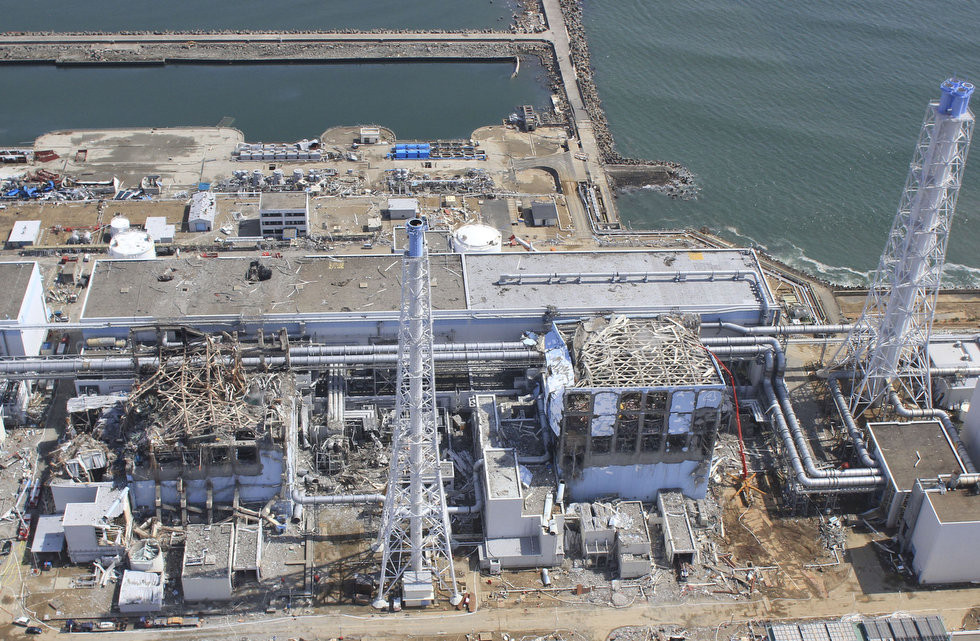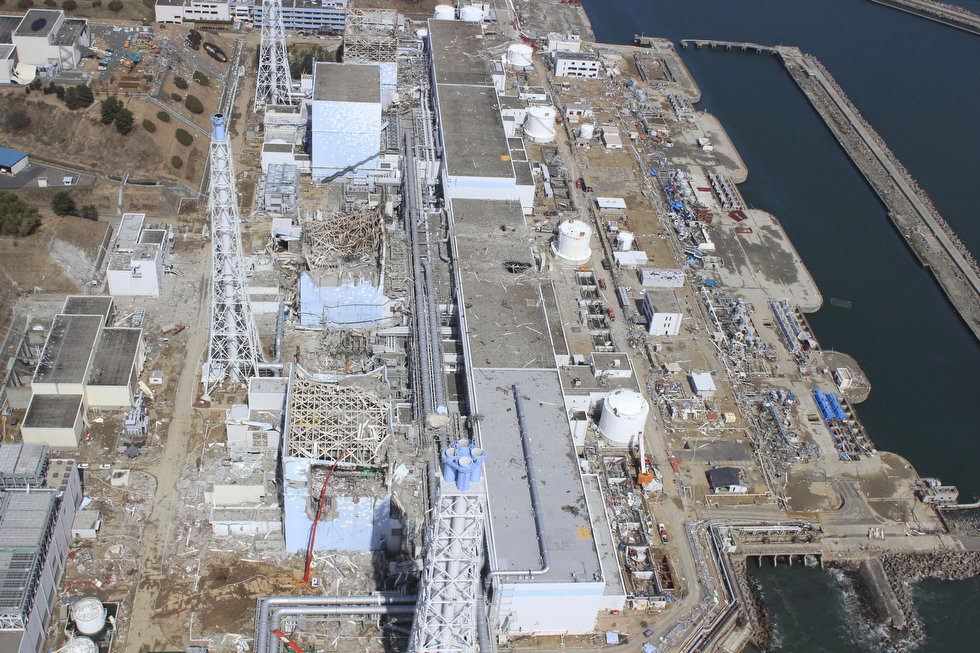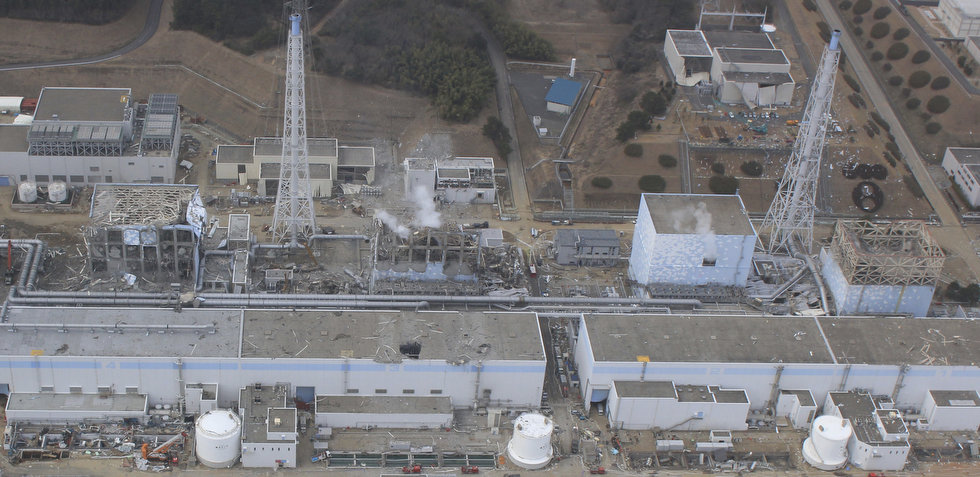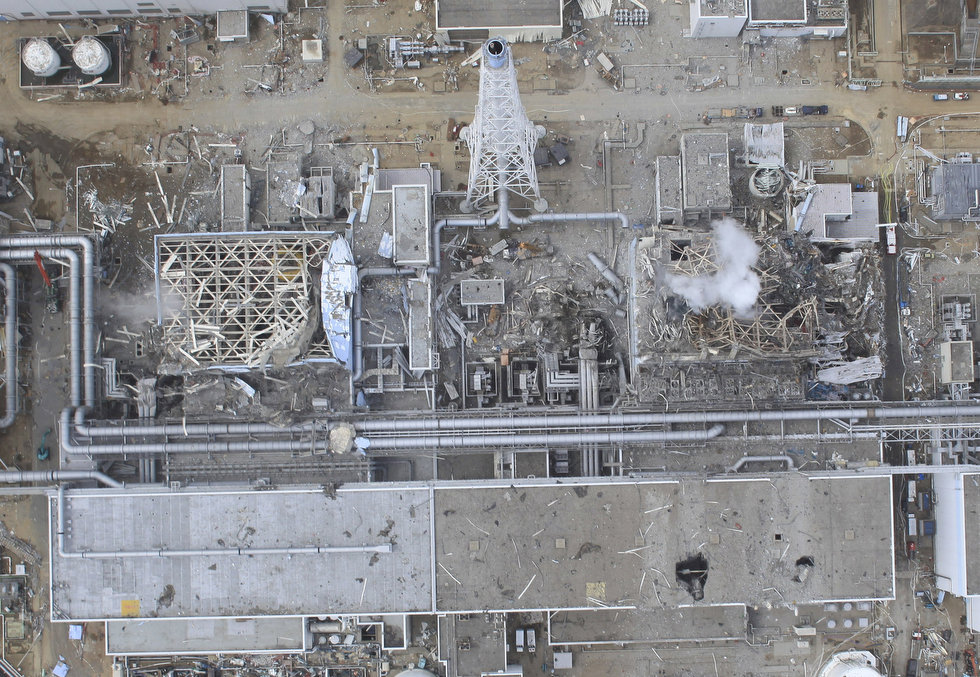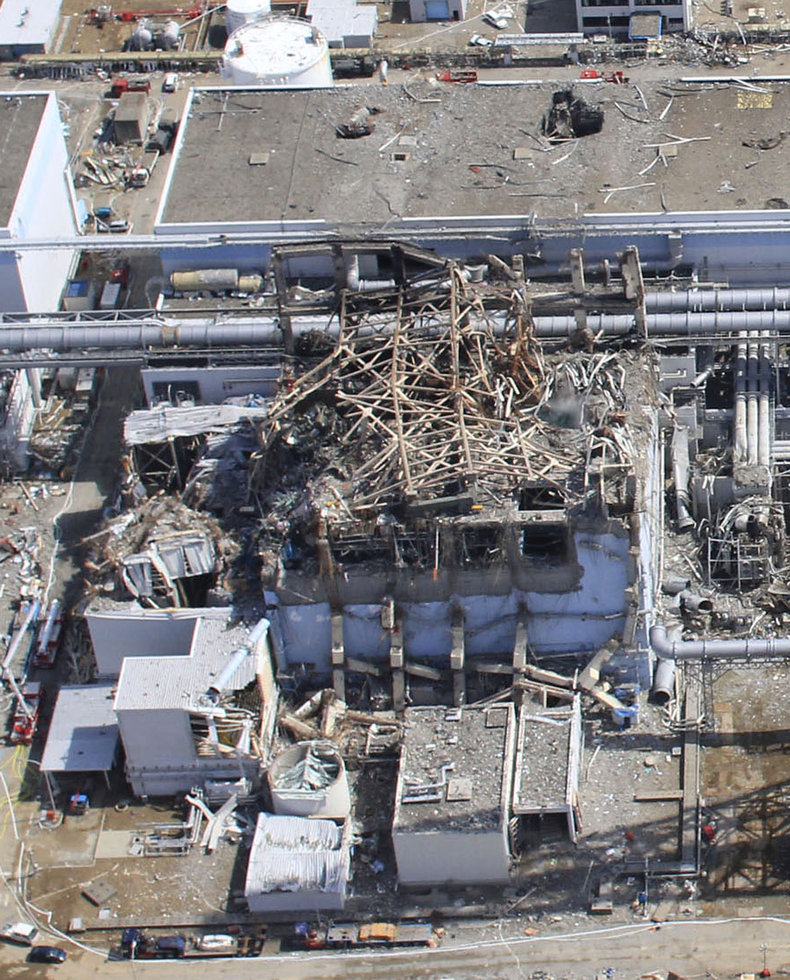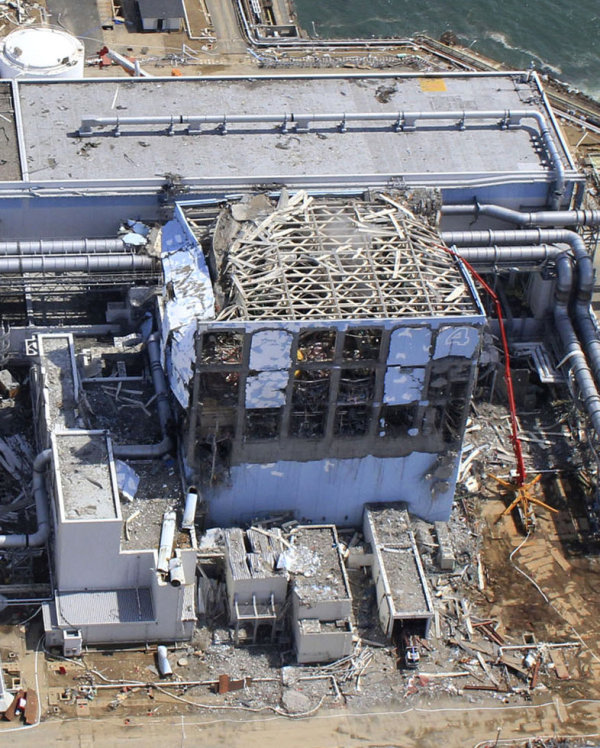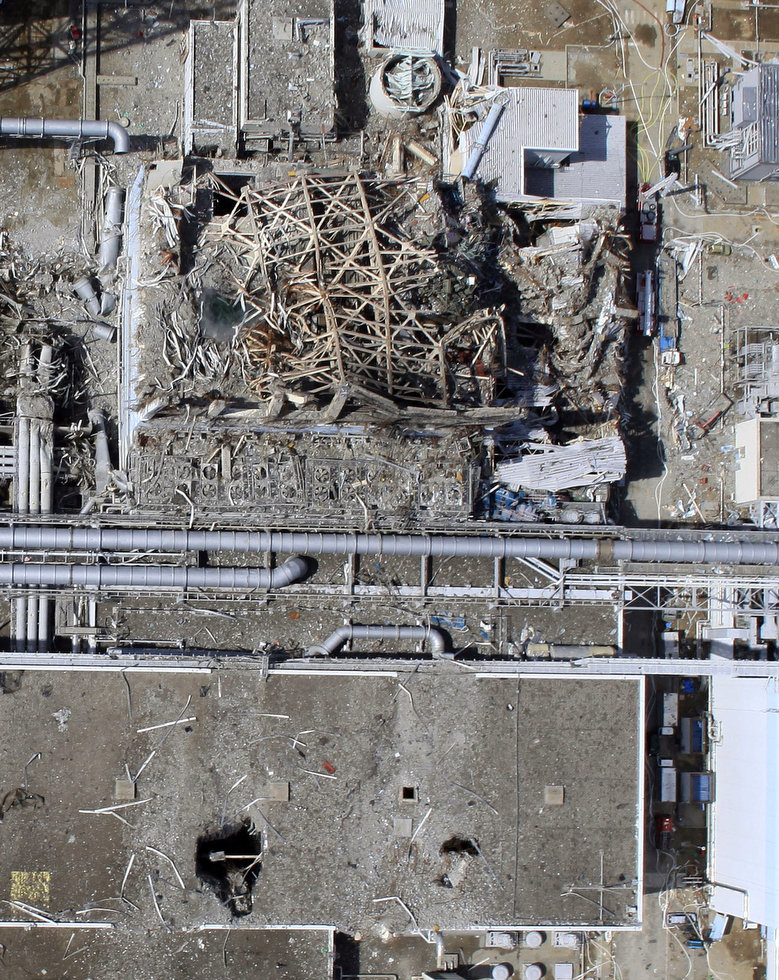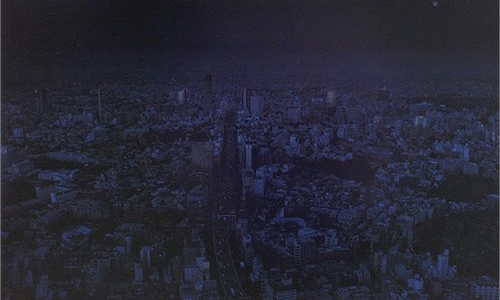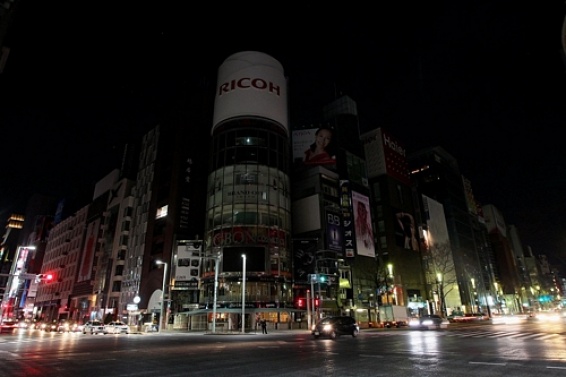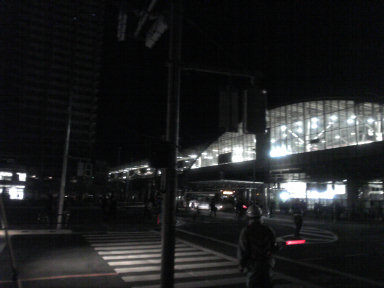God's Orphans
 Wednesday, March 14, 2012 at 12:00PM
Wednesday, March 14, 2012 at 12:00PM
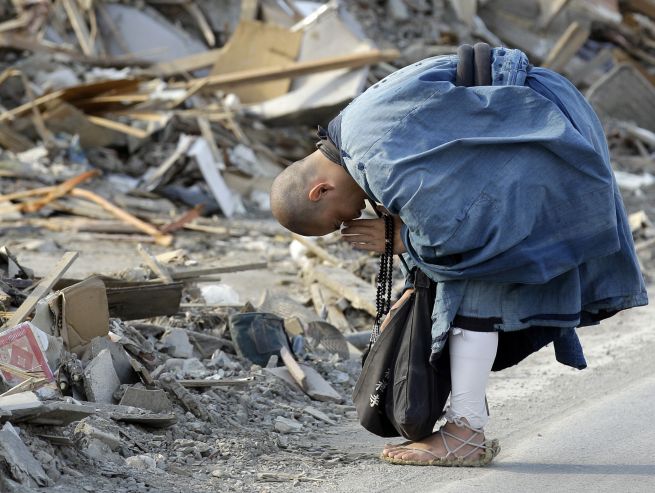 Sunday marked the one-year anniversary of the Tôhoku earthquake and tsunami which claimed 15,854 lives. 3,155 people, including many children, are to this date still missing; their remains may never be recovered.
Sunday marked the one-year anniversary of the Tôhoku earthquake and tsunami which claimed 15,854 lives. 3,155 people, including many children, are to this date still missing; their remains may never be recovered.
As was to be expected, there were a number of specials on TV in remembrance of the disaster and as I watched them I found it hard to keep the tears from falling.
A few days later, I was talking to a student of mine, a rather somber but kind-hearted psychiatrist, about the tsunami. He asked an age-old question: why does God let bad things happen to good people.
“That question assumes a number of things,” I replied. “One, that there is a god, whatever that means; two, that he, she, or, it actually cares about us humans; and, three, that he, she, or it has the power to prevent things like tsunami.”
Personally, I’ve never seen evidence for any of those things. People often claim this or that miracle happened, but what they are in effect saying is that something highly improbable occurred. A patient suffering from a rare and deadly form of cancer survives; a man trapped in his car without food or water for over two months lives to tell the tale; an infant is found unharmed among the wreckage of a commercial jet that has crash landed, killing every other passengers. All true, all highly improbable, but miracles? I doubt it.
Incidentally, one thing I do find worthy of the word “miraculous” is life itself. I was a biochem major in university, and the diversity, majesty and complexity of nature awes me. (It always strikes me as odd that people who consider themselves good Christians—I’m thinking here of Republicans back in the States—have so much contempt for the environment.) I don’t know what the odds are that a species could evolve to become as intelligent and sophisticated as humans—I would argue that most of us still have plenty of room for improvement—but I do know that mankind has only been on this planet for 0.00348%, or a mere 1/28,750’s of earth’s 4.6 billion years. Seems Mother Nature has had quite a bit of time to slowly tinker with life.
No, I find it better to assume the worst and hope for the best. The worst being that this is all there is: there is no Heaven, no Hell—aside from the lives so many of us are forced to eek out day-in and day-out on this planet—no Purgatory, and no God who cares for all of our suffering and anxiety. Once you've assumed that, you can start treating your fellow humans with more respect, and you can start behaving morally without needing a carrot or stick to motivate you. You’ll also begin to accept that bad things happen to good people because that, unfortunately, is the fickle nature of luck.
As for the best? That we might be completely wrong; that when we die, all of us, God’s orphans to a man, will be taken into the bosom of Heaven. And at the Final Judgment, it will be God himself who is judged; and that the remorse he shows for having abandoned us will be sincere enough to comfort even his greatest victims.

